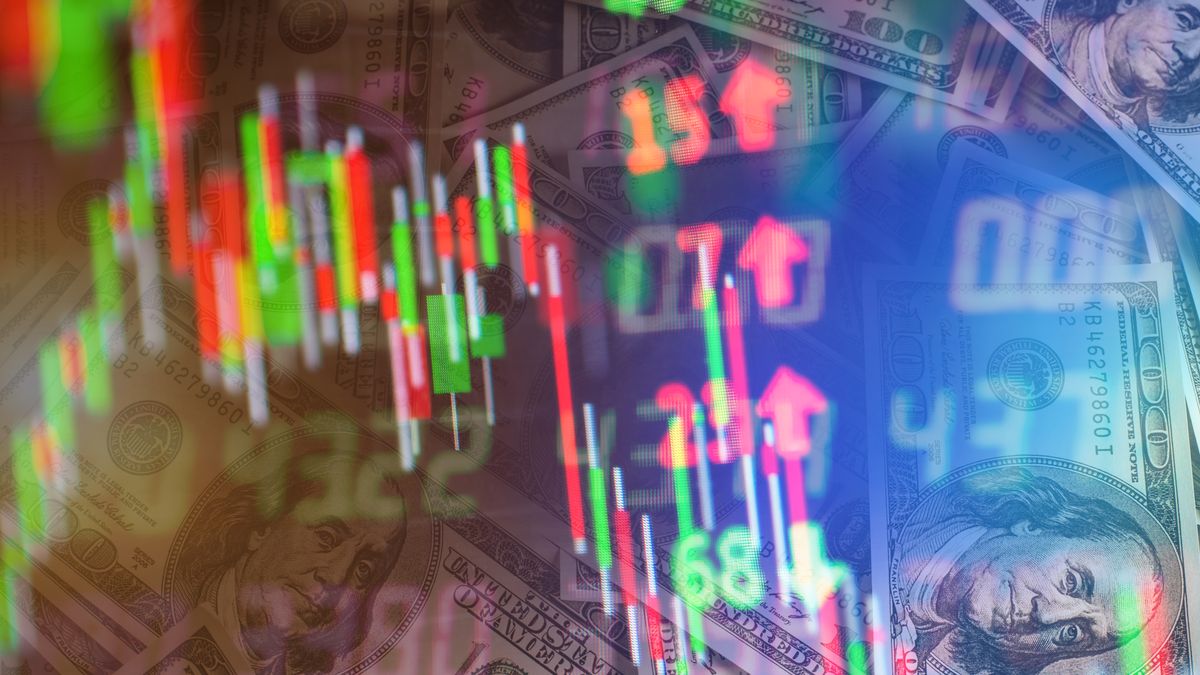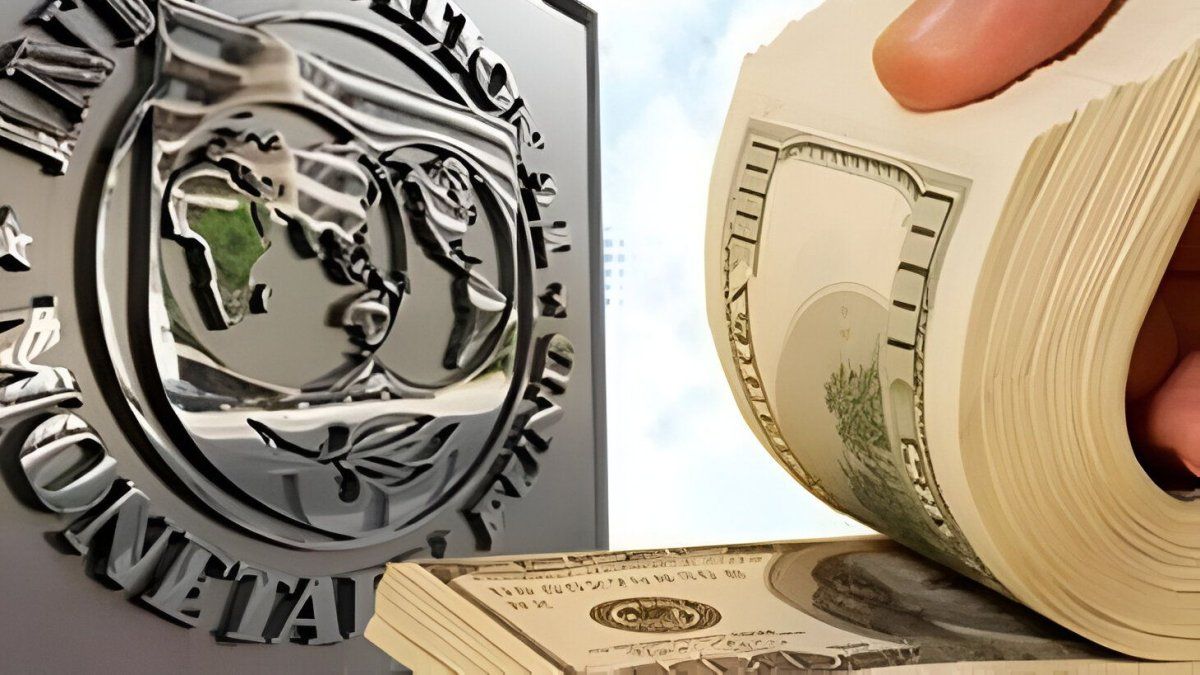The sharp declines in Argentine paper were led in New York by Mercado Libre (+17%); View (-11%); Globant (-9.8%); Cresud (-8.9%); take off (-7.7%); South Gas Carrier (-6.7%); and YPF (-6.1%).
So far this year, the shares of the Argentine unicorns are the hardest hit, in tune with the collapse of the Nasdaq technology index, which sinks 25%. The company chaired by Marcos Galperín fell 43%, while the company founded by Martín Migoya lost 43%.
“It is evident that the variations reflect a generalized situation as a result of multiple factors, but mainly as a result of the more aggressive monetary policy by the Fed. In this sense, there are several growth-style companies that suffered in their price. We can mention to companies like Spotify, Netflix, Square either Shopify, among others, all with negative variations of between 50% and 70%”, commented Damián Vlassich, Research Analyst at IOL investonline.
In the Buenos Aires stock market, meanwhile, the The leading S&P Merval index of Argentine Stock Exchanges and Markets (BYMA) plummeted 4.9% to 82,243.86 pointsafter falling 2% last week and accumulating a 3% drop so far this year.
In the past week, The Fed raised its reference rate by half a percentage point to a range of 0.75% and 1%, the largest increase in 22 years, while the strict quarantines in shanghai they fueled the concerns about global economic growth and recession.
“The war between Russia and Ukraine, China’s lockdowns and the rate movements of the world’s largest economy deserve close monitoring”They said from Portfolio Personal Investments.
“Any rumor regarding these three fronts currently open will affect local and international equity,” he added, noting that “at the local level, the IMF’s view of the accounting adjustment made by the Ministry of Economy against the first review of goals, particularly if it were negative.
The International Monetary Fund (IMF) will carry out this month the first review of the recent agreement reached with the country for some 44,000 million dollars by which the government promised to increase the reserves of the central bank (BCRA), reduce inflation and the deficit budget, raise interest rates and cut energy subsidies.
In the midst of strong political tensions between President Alberto Fernández and his vice president Cristina Fernández due to the economic situation, Economy Minister Martín Guzmán recently said that the goals had been achieved.
“The crisis within the ruling coalition will continue to generate tug-of-war around the dilemmas facing economic policy and questions about the will to comply with the agreement with the Fund”Ecolatina said.
On Thursday, the statistics body, INDEC, will release the inflation index for April, which according to analysts would be around 5.8%, from 6.7% in March.
“The local market, like other emerging countries such as Brazil, was also affected by the rate hike in the United States,” said Noelia Bisso from Rava Bursátil.
Bonds and country risk
In the fixed income segment, sovereign bonds denominated in dollars fell to 2.8%, with declines led by the Bonar 2029. Meanwhile, global bonds closed with most declines, up to 1.4%.
“Argentine global (bonds) started May on the wrong foot and extended last month’s reds. Global volatility and the rally in long rates abroad hurt the entire range of emerging debt and Argentina was unable to escape this trend”, affirmed Portfolio Personal Investments.
In this framework, the Argentine country risk prepared by the JP. Morgan bank rises 3.6%, to 1,847 units, the maximum in two months.
Source: Ambito
David William is a talented author who has made a name for himself in the world of writing. He is a professional author who writes on a wide range of topics, from general interest to opinion news. David is currently working as a writer at 24 hours worlds where he brings his unique perspective and in-depth research to his articles, making them both informative and engaging.




